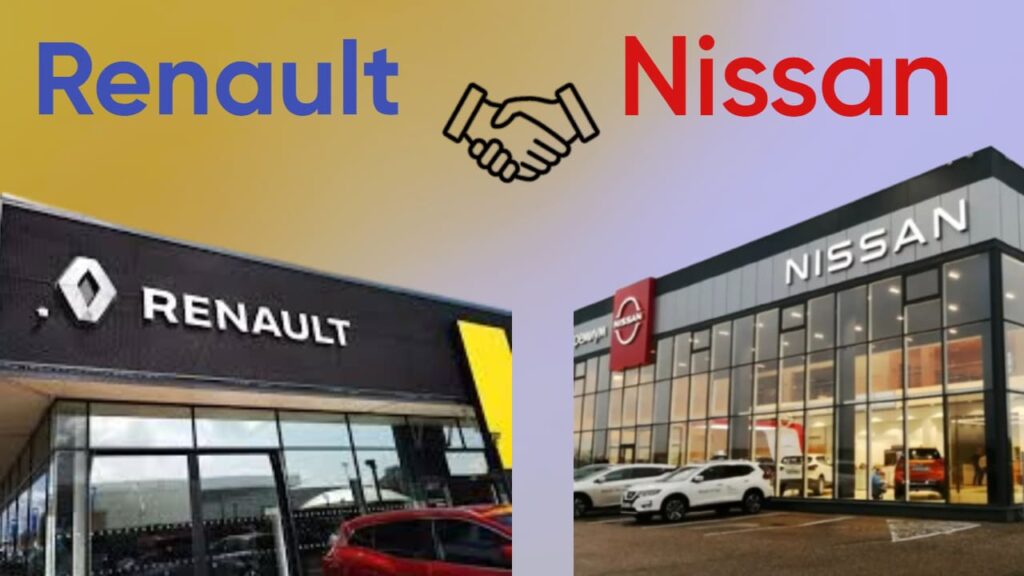
Renault’s Bold Move in India’s Automotive Market
Renault Group has announced its decision to acquire Nissan’s 51% stake in their joint venture, Renault Nissan Automotive India Private Ltd (RNAIPL). This strategic move signifies Renault’s ambition to strengthen its foothold in the Indian market and streamline its manufacturing capabilities. The transition, expected to be completed by mid-2025, will turn RNAIPL into a wholly owned Renault subsidiary.

What This Means for Renault and Nissan
Despite exiting the JV, Nissan will continue to utilize the manufacturing infrastructure under existing agreements. Nissan has also reaffirmed its long-term commitment to India, maintaining operations in research, development, and digital services through Renault Nissan Technology & Business Center India (RNTBCI). Both companies will continue to operate under their respective brand names while leveraging synergies in production and innovation.
Strengthening Renault’s Global Presence
Luca de Meo, CEO of Renault Group, highlighted that this acquisition aligns with Renault’s global expansion strategy. “India is a key automotive market, and this move allows us to establish a more efficient industrial footprint and ecosystem,” he stated. Renault also aims to accelerate product development at its Chennai facility by introducing the CMF-B platform next year, starting with four new models.
Financial and Strategic Implications
The acquisition will result in a projected €200 million free cash flow impact in 2024, but Renault remains confident in its financial targets, maintaining a full-year guidance of at least €2 billion in free cash flow. Meanwhile, Nissan will adjust its operational strategies to maximize efficiency while continuing to serve Indian consumers with locally tailored vehicles.
Renault and Nissan’s Future Collaborations
As part of a larger Framework Agreement, Renault and Nissan have agreed to:
- Introduce a new A-segment EV from Renault’s Ampere for Nissan, derived from the upcoming Renault Twingo.
- Amend the New Alliance Agreement, reducing the lock-up commitment on cross-shareholdings from 15% to 10%.
- Provide greater flexibility for both companies in managing their equity stakes.
- Terminate Nissan’s investment agreement in Ampere, subject to conditions met by May 2025.
What This Means for the Indian Automotive Industry
Renault’s complete control over its Indian manufacturing operations will likely lead to increased investments in technology, localization, and innovation. With India being one of the fastest-growing automotive markets, this move positions Renault for sustainable growth while offering competitive and cutting-edge vehicles to Indian consumers.
Conclusion
The Renault-Nissan alliance is entering a new phase, emphasizing agility, strategic autonomy, and business-driven collaborations. While Renault consolidates its Indian manufacturing operations, Nissan continues its commitment to the Indian market with tailored vehicles and innovative solutions. This restructuring is expected to drive efficiency, profitability, and long-term growth for both automakers in one of the world’s most dynamic car markets.
Stay tuned for further updates on Renault and Nissan’s evolving partnership and the future of the Indian automotive industry.






